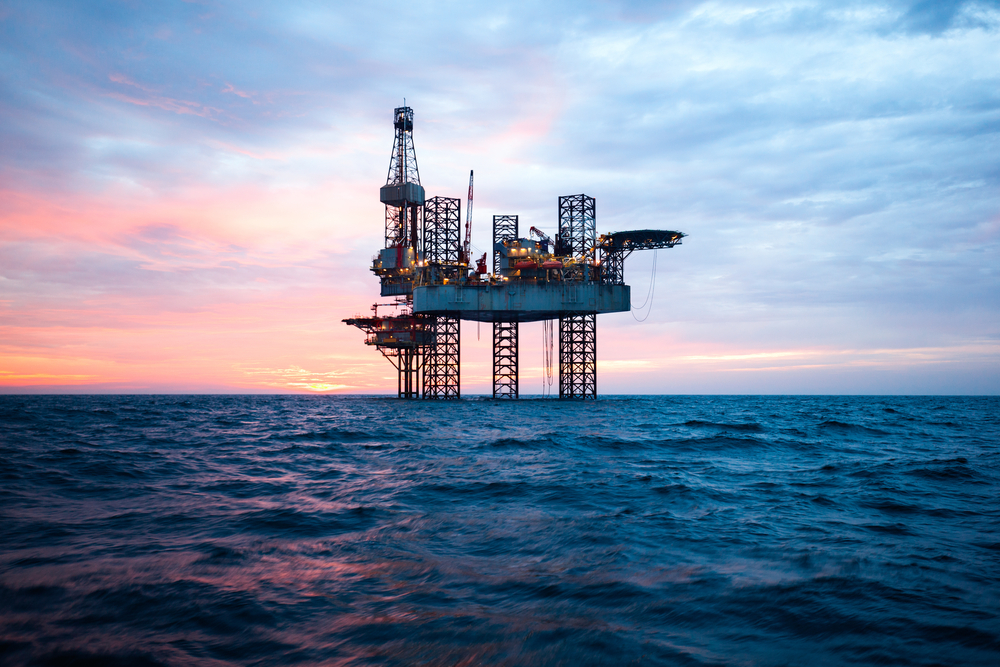
.jpg)
This course is designed to acquire knowledge about the prevention, response, and recovery techniques in case of oil spills. It addresses measures to reduce the chances of a spill occurring, measures to control and clean a spill that has already occurred, and measures to rehabilitate the environment which has been affected to meet the requirements of safety and environmental laws.
| City | Start Date | End Date | Fees | Register | Enquire | Download |
|---|---|---|---|---|---|---|
| Sharm El Sheikh | 23-06-2025 | 27-06-2025 | 3950 $ | Register | Enquire | |
| Dubai | 07-07-2025 | 11-07-2025 | 4300 $ | Register | Enquire | |
| Casablanca | 14-07-2025 | 18-07-2025 | 4950 $ | Register | Enquire | |
| Zurich | 21-07-2025 | 25-07-2025 | 5600 $ | Register | Enquire | |
| Istanbul | 28-07-2025 | 01-08-2025 | 4950 $ | Register | Enquire | |
| Kuala Lumpur | 04-08-2025 | 08-08-2025 | 4950 $ | Register | Enquire | |
| Amsterdam | 11-08-2025 | 15-08-2025 | 6200 $ | Register | Enquire | |
| Zurich | 18-08-2025 | 22-08-2025 | 5600 $ | Register | Enquire | |
| Casablanca | 25-08-2025 | 29-08-2025 | 4950 $ | Register | Enquire | |
| Paris | 01-09-2025 | 05-09-2025 | 6200 $ | Register | Enquire | |
| London | 08-09-2025 | 12-09-2025 | 6200 $ | Register | Enquire | |
| Amsterdam | 15-09-2025 | 19-09-2025 | 6200 $ | Register | Enquire | |
| Geneva | 22-09-2025 | 26-09-2025 | 5600 $ | Register | Enquire | |
| London | 06-10-2025 | 10-10-2025 | 6200 $ | Register | Enquire | |
| Kuala Lumpur | 13-10-2025 | 17-10-2025 | 4950 $ | Register | Enquire | |
| Dubai | 20-10-2025 | 24-10-2025 | 4300 $ | Register | Enquire | |
| Casablanca | 27-10-2025 | 31-10-2025 | 4950 $ | Register | Enquire | |
| Cairo | 03-11-2025 | 07-11-2025 | 3950 $ | Register | Enquire | |
| Amsterdam | 10-11-2025 | 14-11-2025 | 6200 $ | Register | Enquire | |
| Casablanca | 17-11-2025 | 21-11-2025 | 4950 $ | Register | Enquire | |
| Kuala Lumpur | 01-12-2025 | 05-12-2025 | 4950 $ | Register | Enquire | |
| Cairo | 08-12-2025 | 12-12-2025 | 3950 $ | Register | Enquire | |
| London | 15-12-2025 | 19-12-2025 | 6200 $ | Register | Enquire | |
| Madrid | 29-12-2025 | 02-01-2026 | 6200 $ | Register | Enquire |
This course on oil spills, pollution, response, recovery, and prevention discusses the dangers and risks associated with oil hydrocarbon exploration and production, including oil spill accidents that occur at refineries, offshore platforms, and during road and marine transport.
Global case studies, as well as best practice methods, will be studied to provide participants with a thorough understanding of oil spills, their origins, and the most recent and effective ways to curtail them and recover from their effects. This includes the use of oil spill skimmer equipment to help reduce the risk of spillage.
A certificate stating completion of the oil spill prevention course will be issued at the end of the course, enabling participants to demonstrate their preparedness in situations involving hazardous oil spill management and containment scenarios.
At the end of this oil spills, pollution, prevention, response, and recovery course, participants will be able to:
Unit 1: Overview of Oil Spills and Pollution
Unit 2: The Effects of Oil Pollution on the Environment
Unit 3: Oil Spill Prevention: How to Prevent Oil Spills
Unit 4: Responses and Repairs to Oil Spills and Pollution
Unit 5: Management and Prevention Review
.jpg)

.jpg)
















